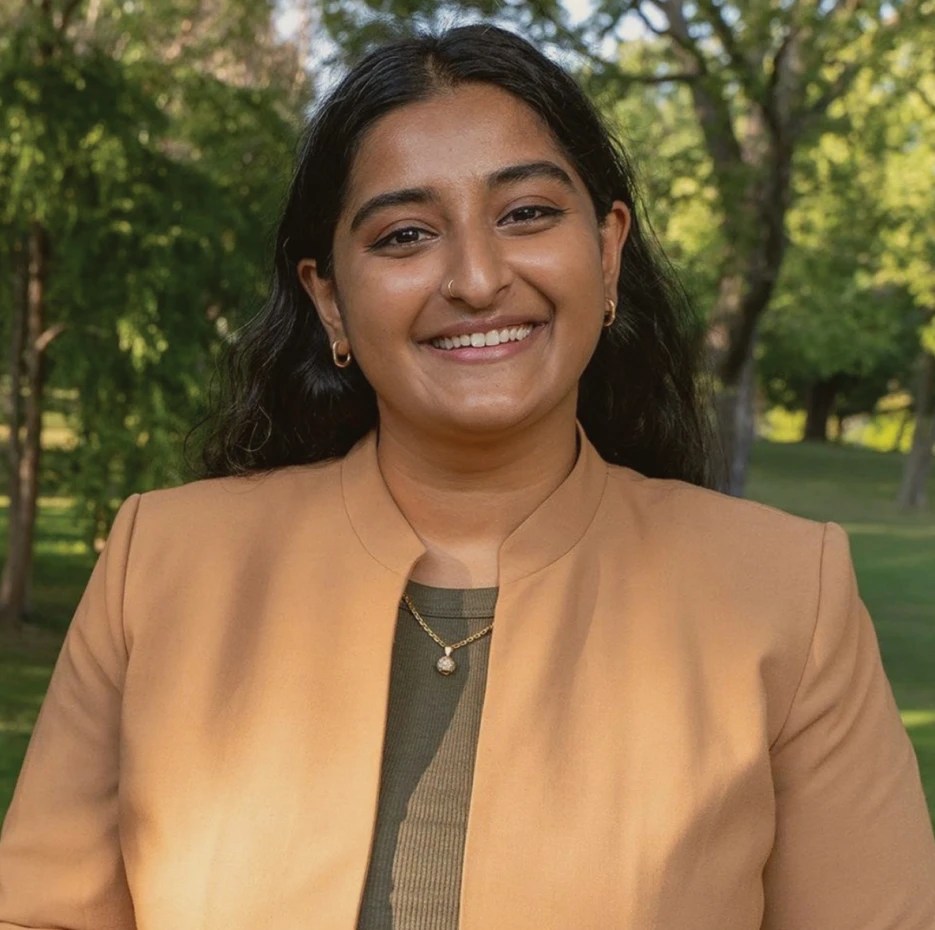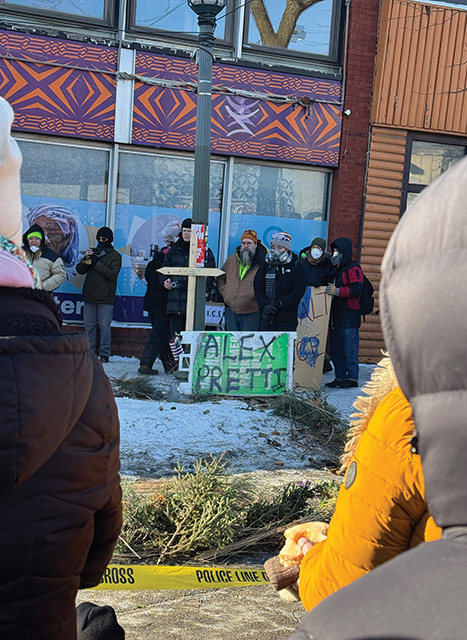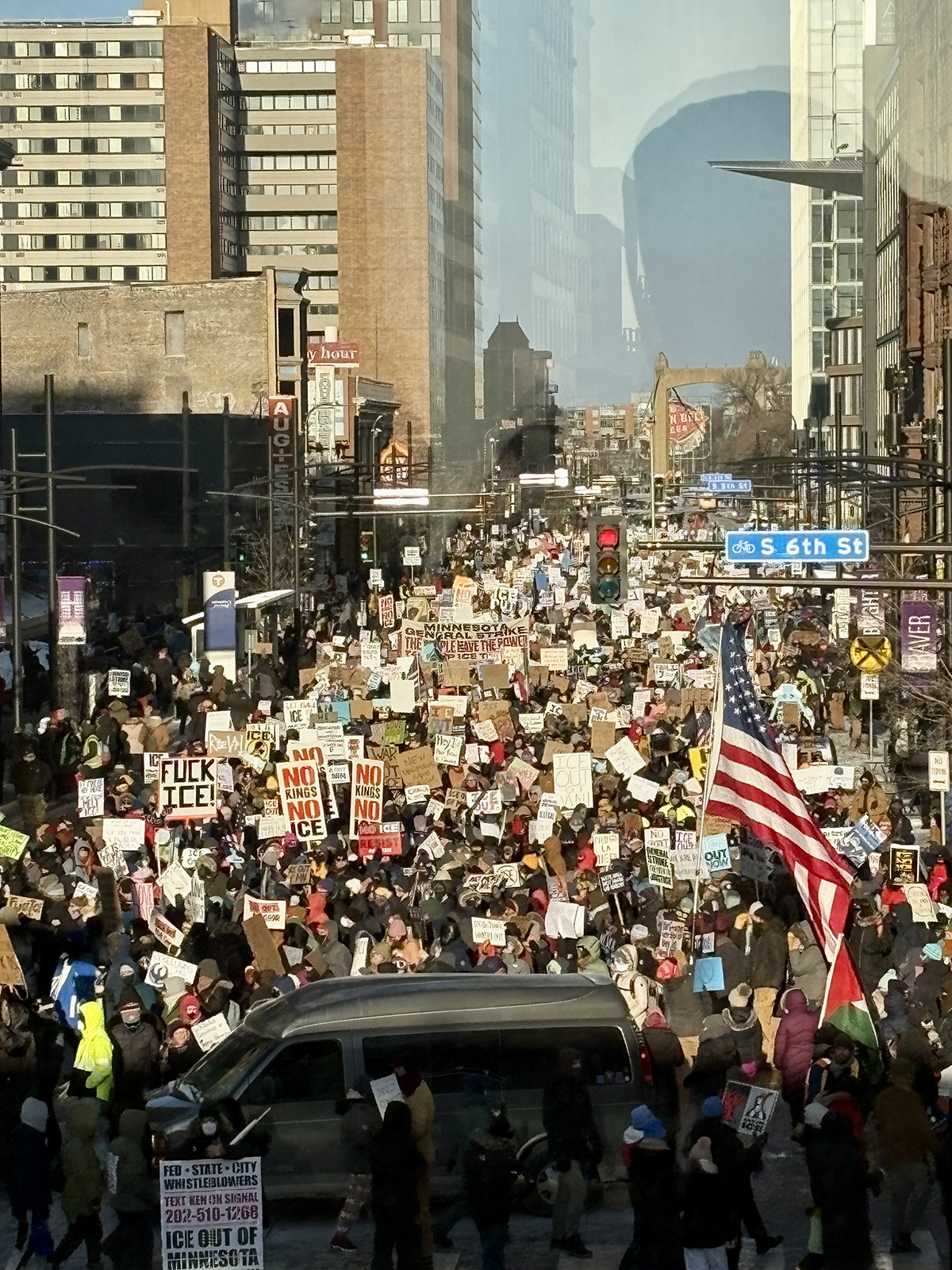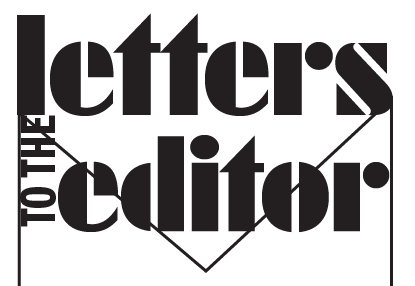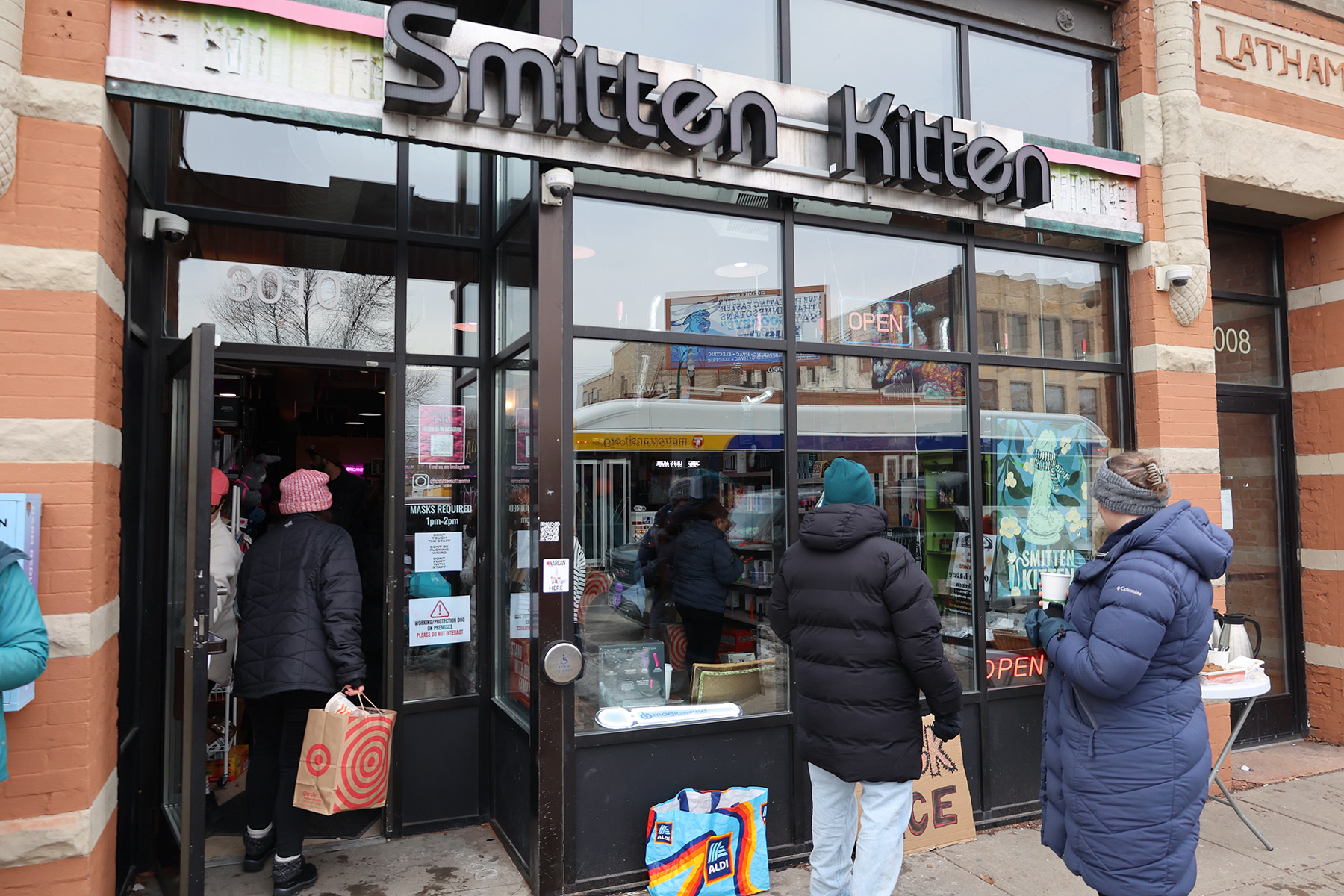The final competitive DFL convention for this year’s City Council races concluded Saturday, May 31, without an endorsement in Ward 10 after more than seven hours of contentious debate and procedural wrangling.
Incumbent Council Vice President Aisha Chughtai led the single round of balloting with 181 votes, or 52 percent, falling short of the 60 percent threshold required for endorsement. Challenger Lydia Millard received 163 votes, and three delegates voted for no endorsement.
With neither candidate able to secure the supermajority needed, delegates voted to suspend the rules and adjourn the convention shortly after5 p.m. Supporters on both sides acknowledged that further balloting was unlikely to change the outcome.
What ‘No Endorsement’ Means for Ward 10
Following Saturday’s Ward 10 DFL convention, both campaigns claimed some measure of victory. But the outcome suggests potential vulnerabilities for Chughtai, who was unable to secure the 60 percent support typically expected of incumbents. Falling short of endorsement may signal broader dissatisfaction among party activists.
Millard, a first-time candidate with no prior political experience, drew 163 votes to Chughtai’s 181 — demonstrating notable traction in a relatively short campaign. Her platform, focused on public safety and support for small businesses, appeared to resonate with nearly half the delegates.
Without an endorsement, both candidates move forward on equal footing within the DFL. Each will have access to the party’s voter database, but neither may use the “DFL-endorsed” label in campaign materials. The close convention result may serve as a signal to donors and voters that the race is highly competitive, potentially drawing increased financial support as both campaigns shift toward the broader electorate.
Highlights from the Convention
Millard’s entrance stood out as the most energetic of the DFL convention season. Before she appeared, African drums filled the Ella Baker School auditorium. She took the stage with a procession of drummers and dancers in white, drawing loud cheers. The performance served as a bold expression of her African heritage and a statement of the spirit she brings to the race.
That energy carried into the Q&A session. When asked if they would exit the race if their opponent received the endorsement, Chughtai said yes and Millard said no.
On George Floyd Square, Chughtai emphasized its role as a memorial to the pain felt by the community and the world, while Millard called for a resident-driven plan with more flexibility.
On labor endorsements, Chughtai said yes and expressed pride in that support, while Millard said she was not endorsed.
On collaborating with political opponents, Chughtai cited her work with Council Member Michael Rainville on the Safety Ambassador program. Millard countered that, unlike her opponent, she would work with whoever is elected mayor.
On police accountability, Chughtai voiced support for a comprehensive services approach and use of specialists to reduce property crime. Millard stated she supports staffing the Minneapolis Police Department to the level required by the city charter.
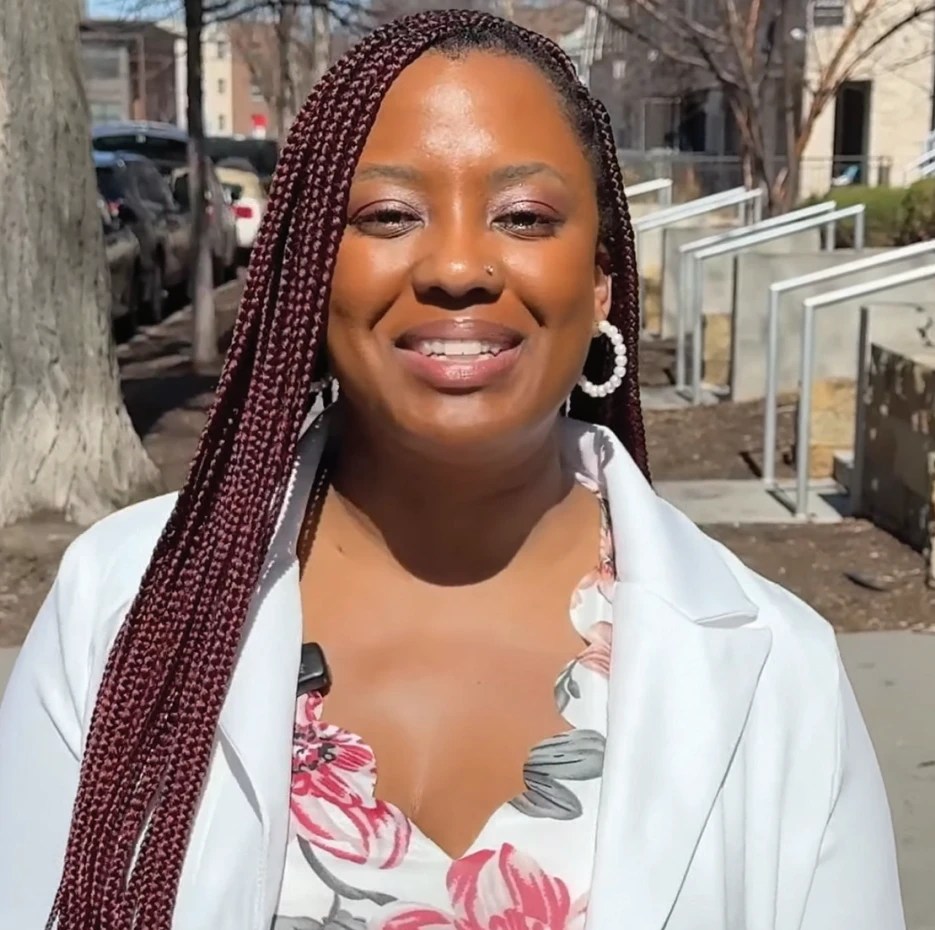
Crowd Control and Convention Chaos
The event began late as DFL volunteers struggled to check in a record number of delegates: Ward 10 had the highest turnout in the city. Delegates were issued green wristbands reminiscent of a music festival, and crowd management quickly became an issue.
The convention chair urged attendees to remain respectful after a person was ejected for harassing Chughtai — one of several removals that day. The Millard campaign denounced the behavior. Campaign manager Alicia Gibson said the individual was neither a delegate nor a supporter, and that Millard’s team had worked to de-escalate the situation and asked the person to leave. Chughtai later claimed on social media that the person was a Millard supporter.
Moderators faced repeated challenges, including being shouted down and overwhelmed by points of order and disputes over rules. Much of the tension stemmed from the fluid nature of delegate status. Both campaigns pushed to upgrade alternates to delegates, creating ongoing shifts in participation. The day began with 304 credentialed delegates and about 70 alternates. By the final vote, 347 delegates cast ballots. The constant adjustments revealed how loosely caucus outcomes predict final delegate counts.
Voice votes proved particularly contentious. These often devolved into shouting matches, with louder factions swaying close decisions — especially during debates over rule changes affecting alternate priority. Several delegates questioned the fairness of this method. Regardless of who wins in November, the DFL would benefit from modernizing its credentialing and voting procedures. With better systems in place, these conventions could be more efficient. Notably, counting paper ballots for the final vote took nearly an hour.
What’s Next?
The turbulence at the Ward 10 convention may carry over to the citywide DFL convention on July 19– 20, where endorsements for mayor, Park Board and the Board of Estimate and Taxation will be considered. If Ward 10 is any indication, delegates may be sharply divided, with more procedural disputes and vocal confrontations likely.
Candidates emerging from the convention — endorsed or not — face a grueling campaign ahead as they work to win over voters door to door and at neighborhood events. Residents should expect a wave of campaign outreach including donation appeals, phone calls and postcards.
Minneapolis politics, like much of the national landscape, remains deeply polarized and high stakes.
